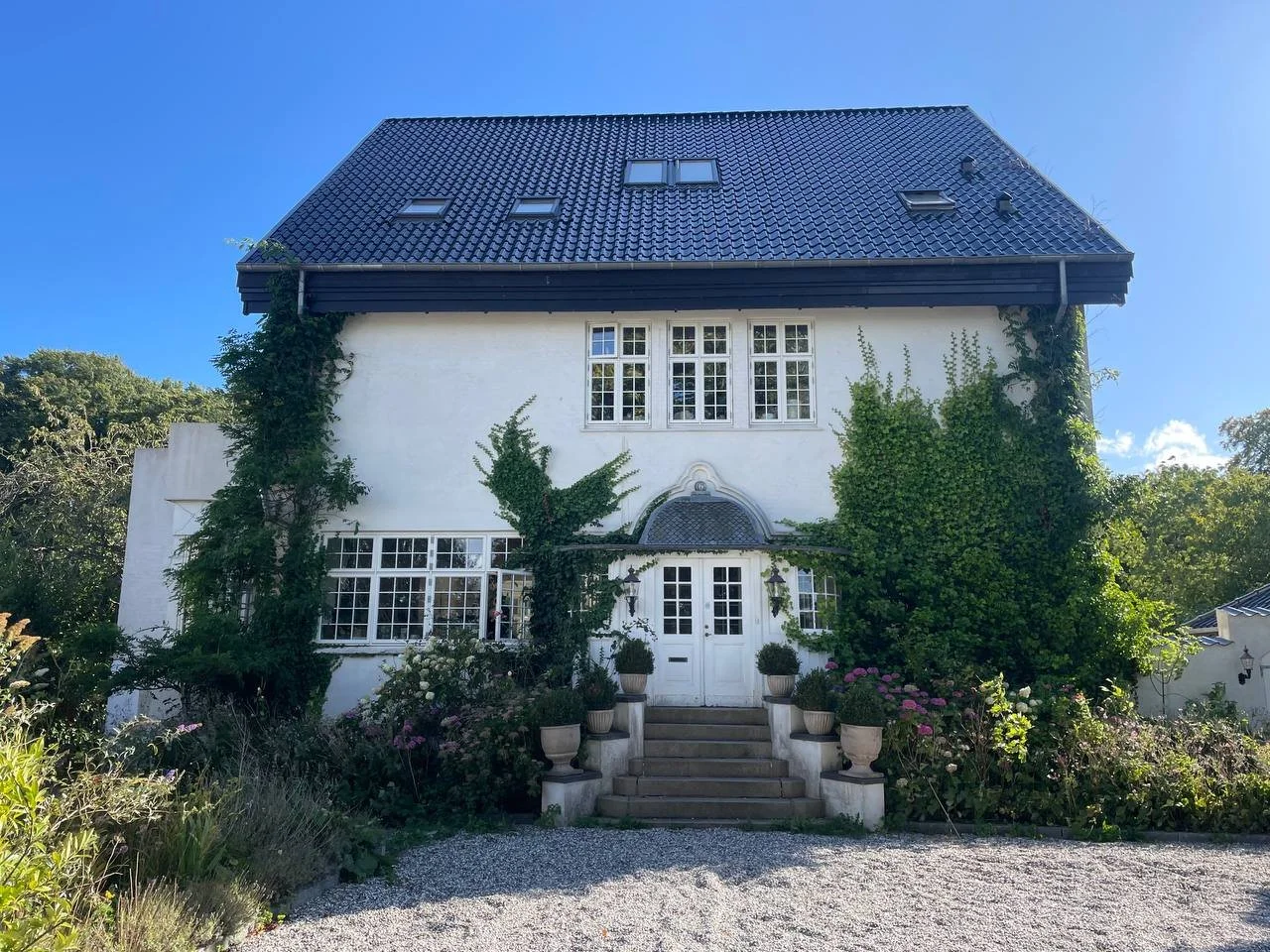An Ontology for Civic Tech: Metagov Retreat
Every ten years since 1975, the city of Aarhus (CPH) hosts a gathering to explore the evolving relationship between democracy and the digital sphere. We were there to join Metagov’s Data Mesh Working Group.
Computing (X) Crisis
This rare rhythm gives the event a particular depth: it is not about reacting to immediate trends or technological hype but about taking the long view, processing crises as collective experiences, reflecting on their narratives, and imagining how democratic practices can adapt within increasingly digital societies.
At the conference, there was a focus on the fact that crises are not only named and narrated; they have been processed over time, intellectualized, and re-examined as collective experiences. Many of the participants had already been present a decade earlier, continuing conversations that had unfolded over the past ten years. This extended temporality creates a space to imagine not only better diagnoses but also pathways toward solutions.
This year’s edition, under the title Computing (X) Crisis, asked a deceptively simple question: how do we narrate crises? How do we frame them, and to what extent do we pre-construct our crises through the very narratives we tell?
Our presence was different, however related: we came as part of the Metagov initiative, working to create an ontology for civic tech oriented towards interoperability. The aim is to make democratic participation systems not just isolated experiments but interconnected infrastructures.
Meeting Metagov
Around the tables, great minds with great projects, from new civic techs to global assemblies, each exploring how participation can be organized and scaled.
Liz Barry, executive director of Metagov, which played the role of connector across projects and people.
Johnny Stormonth-Darling, from the Global Citizens’ Assembly, is presenting a tool for convening mini-assemblies on the fly, federating them into larger deliberative systems.
Carlo Michaelis, founder of Evocracy, a software in development to support decision-making in activist groups and organizations, is currently experimenting with synchronous and asynchronous voting, randomization, and clustering for inclusivity. Fun fact: we were invited to the podcast he co-hosts with Alessandro Oppo earlier this year.
Lee DeSota, a facilitator who has collaborated with Audrey Tang, bringing reflections from Pol.is and the mapping of participatory processes.
Maggie Hughes, an MIT Center for Constructive Communication PhD candidate, is working on several participatory dialogue analysis projects, exploring improvements in voices collection and strategic mapping.
The Ontology Party featured in Metagov’s article!
Mapping processes to project a new ontology
We compared our respective experiences to map the different processes at work, overlay them, and identify common patterns. This exercise showed how digital platforms can serve not only to organize participation but also to reveal convergences and divergences within collective debates. This is why interoperability matters to us: it creates pathways for civil society to experiment, learn, and document its processes in order to rebuild democracy from the bottom up, as a widely diversified web of communities of practice contributing to a common good.
Our contribution drew on Voca’s purpose around civic tech as federated platforms based on digital commons. Instead of imagining participation platforms as closed spaces, we presented them as nodes in a distributed network, capable of federating and exchanging through protocols like ActivityPub.
We also presented Activity Streams as a framework for thinking about interoperability. If deliberative processes continually reinvent the wheel, how can we learn from existing standards to define activities, roles, and relationships?
Together, the group experimented with Pol.is and methods such as PCA clustering to identify convergences and divergences. From there emerged the idea of drafting an ontology of deliberation: a shared vocabulary to describe participation processes across tools, bridging experiments and infrastructures.
We stayed in this lovely mansion!
Having fun and next steps
Not everything was about ontologies and process design. During evenings, we watched the cult classic Hackers (1995), joined a game jam on democracy, and took a walk by the sea. These informal moments created space for belonging, reminding us that in civic tech, human connections carry the work forward.
The retreat was not just exploratory. We sketched a roadmap for the coming months: we’ll let Metagov communicate on this… more to come soon!
— Hadrien for Voca
Read more: Article from Metagov: https://metagov.substack.com/p/first-four-tools-join-schema-for



